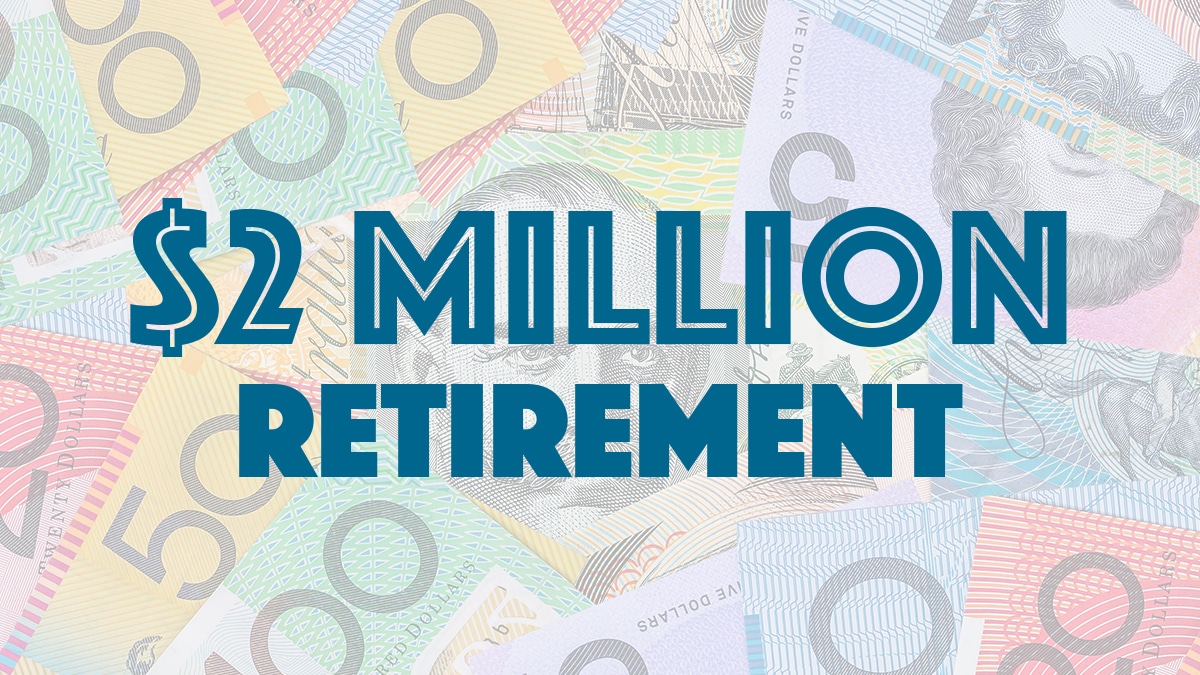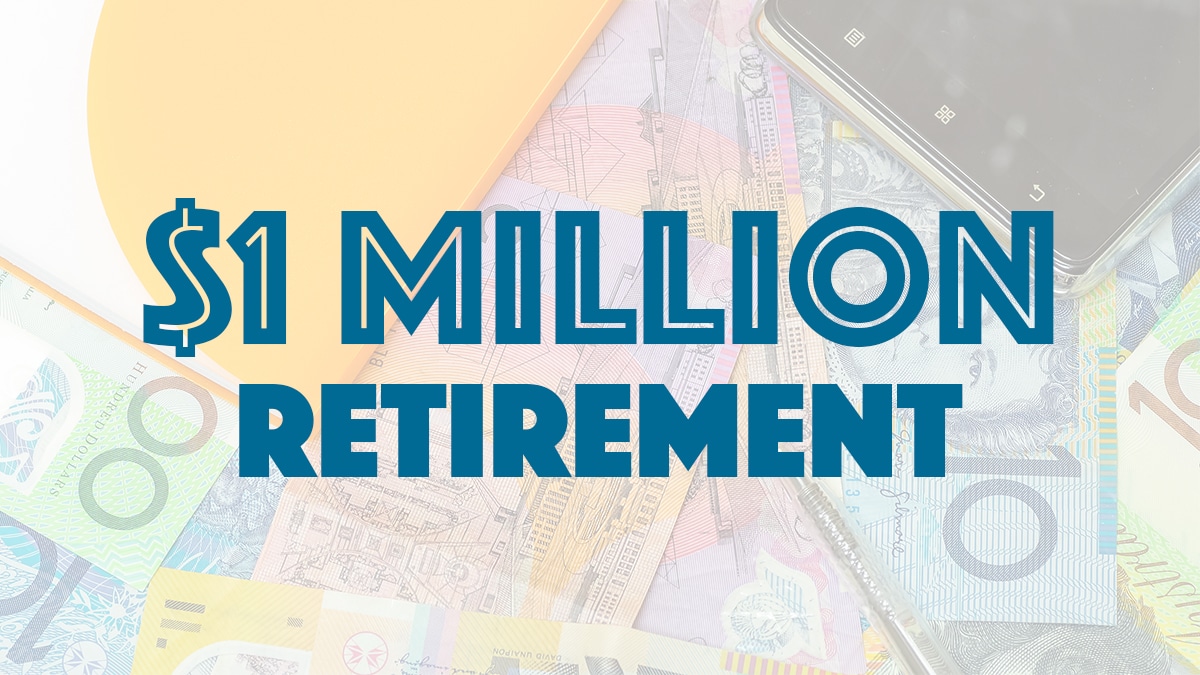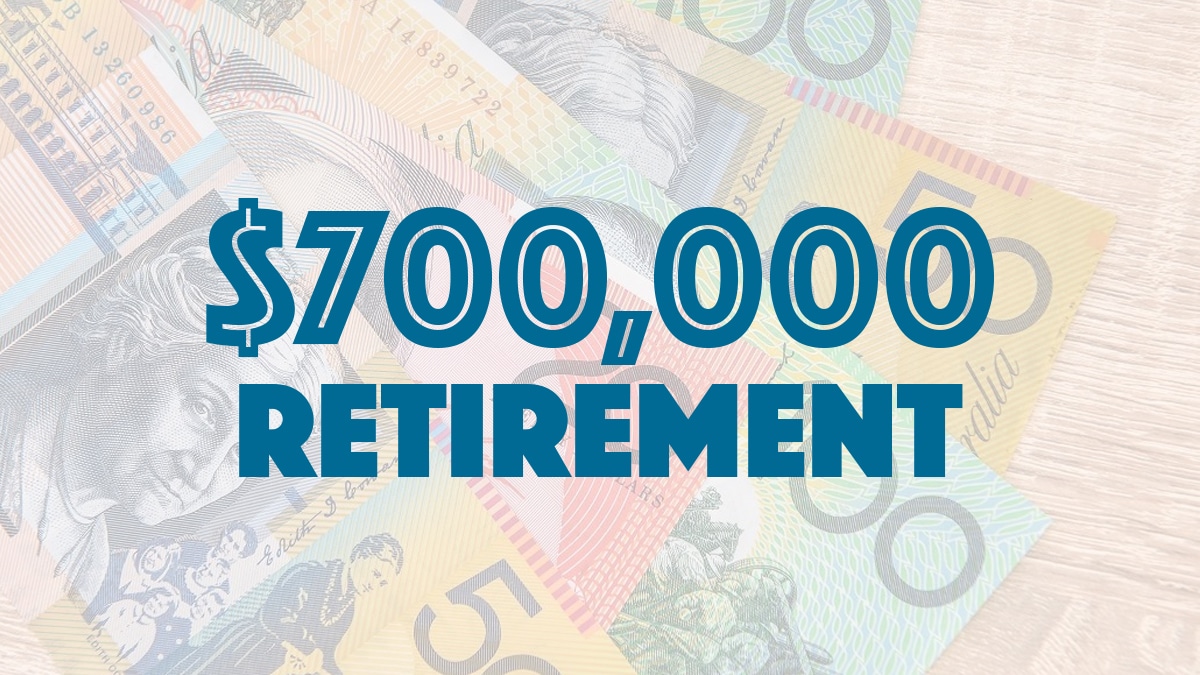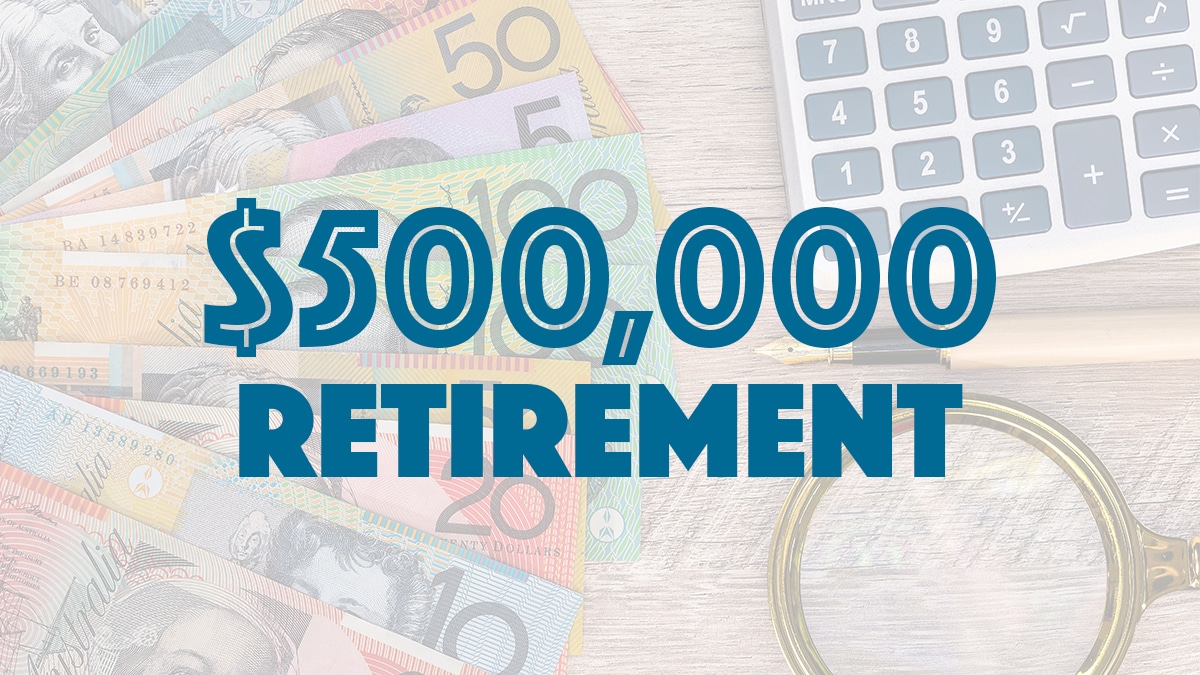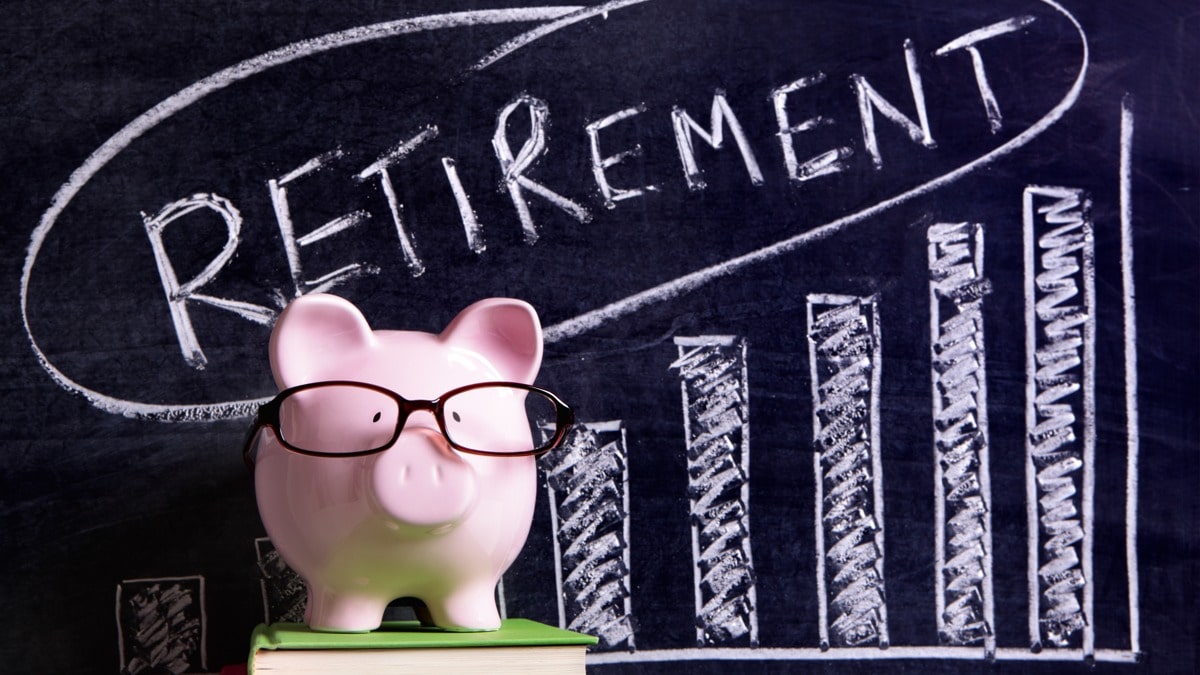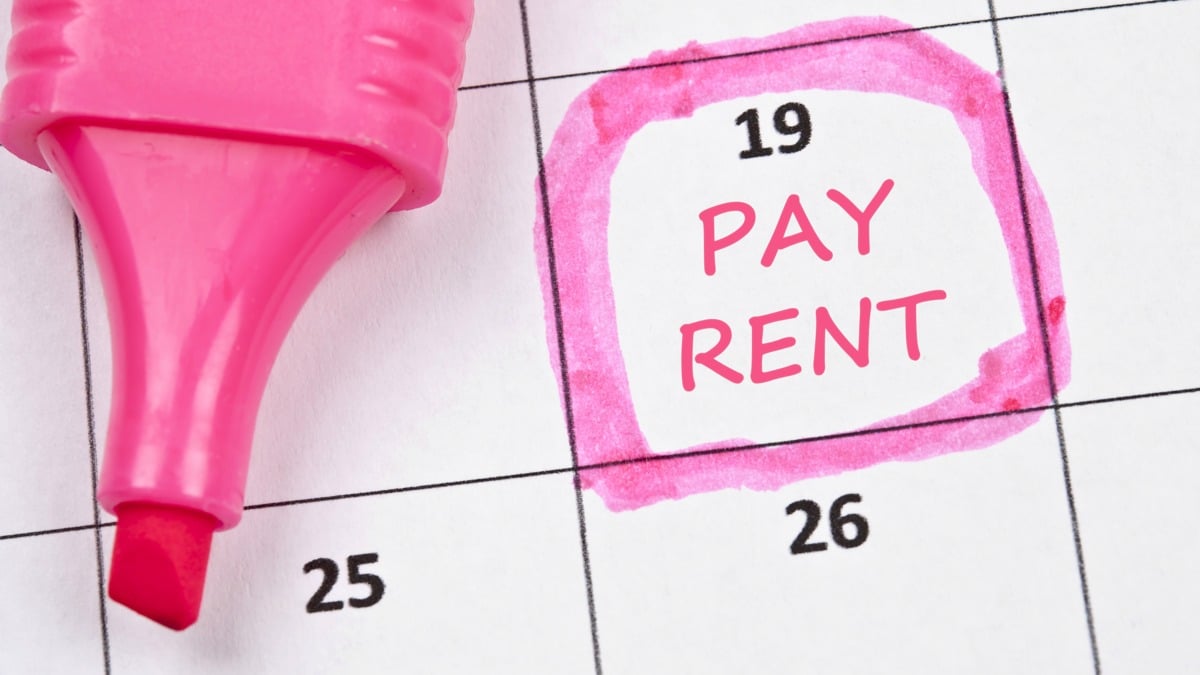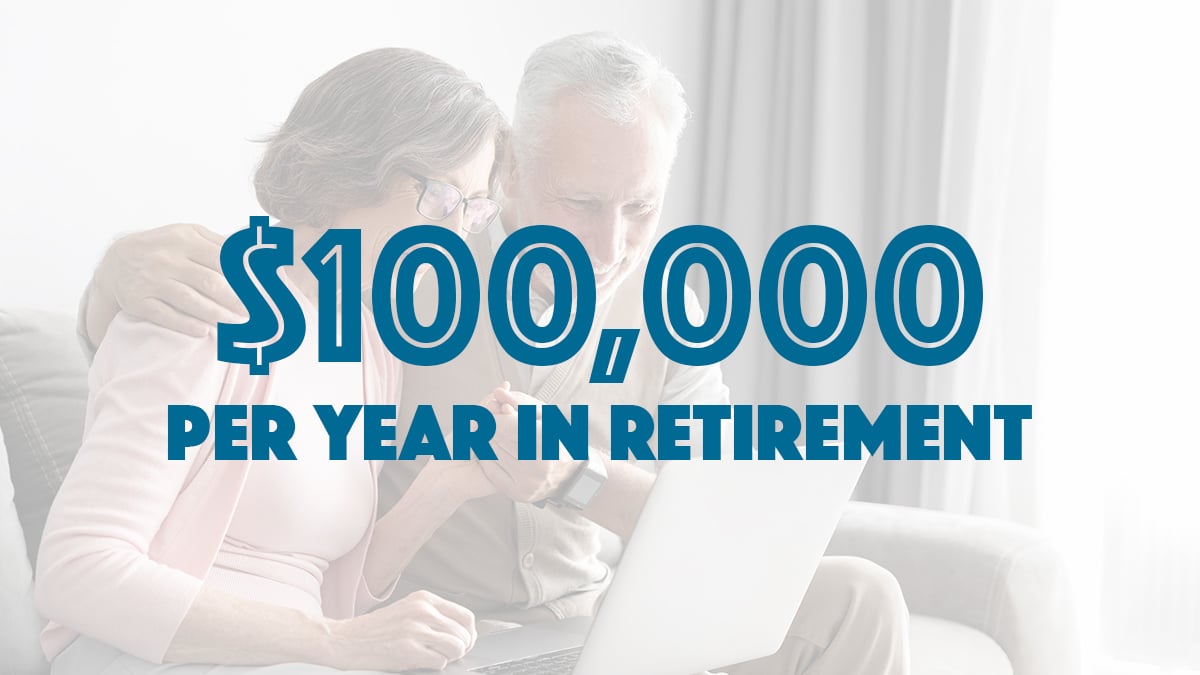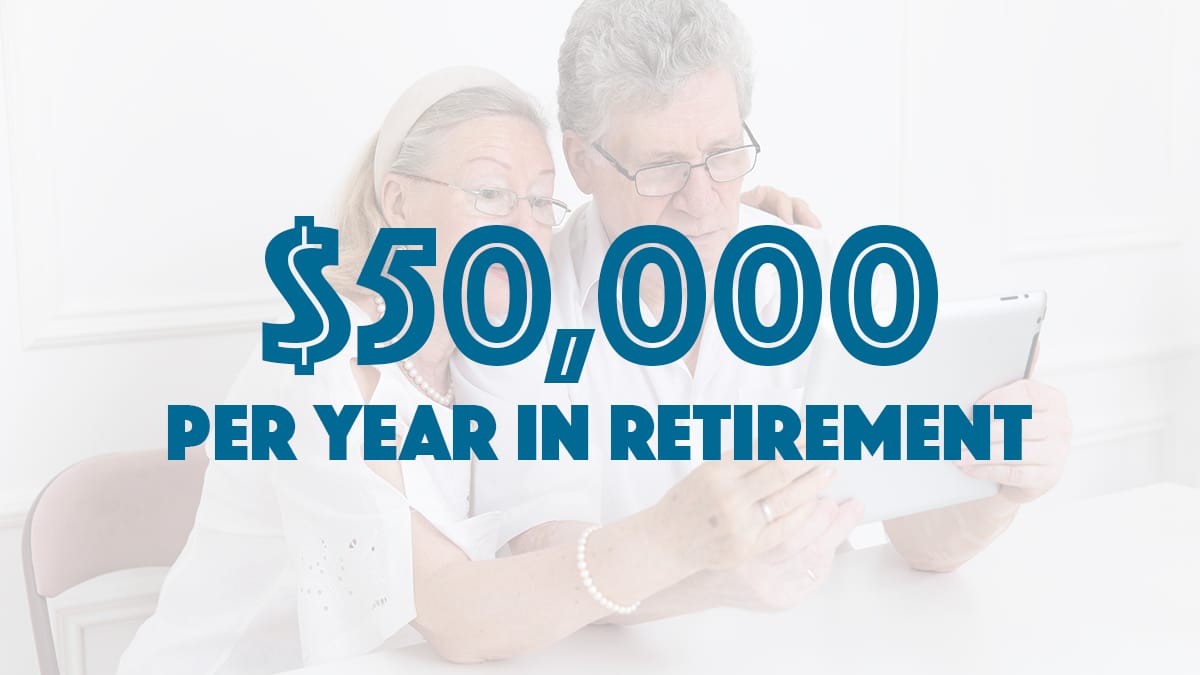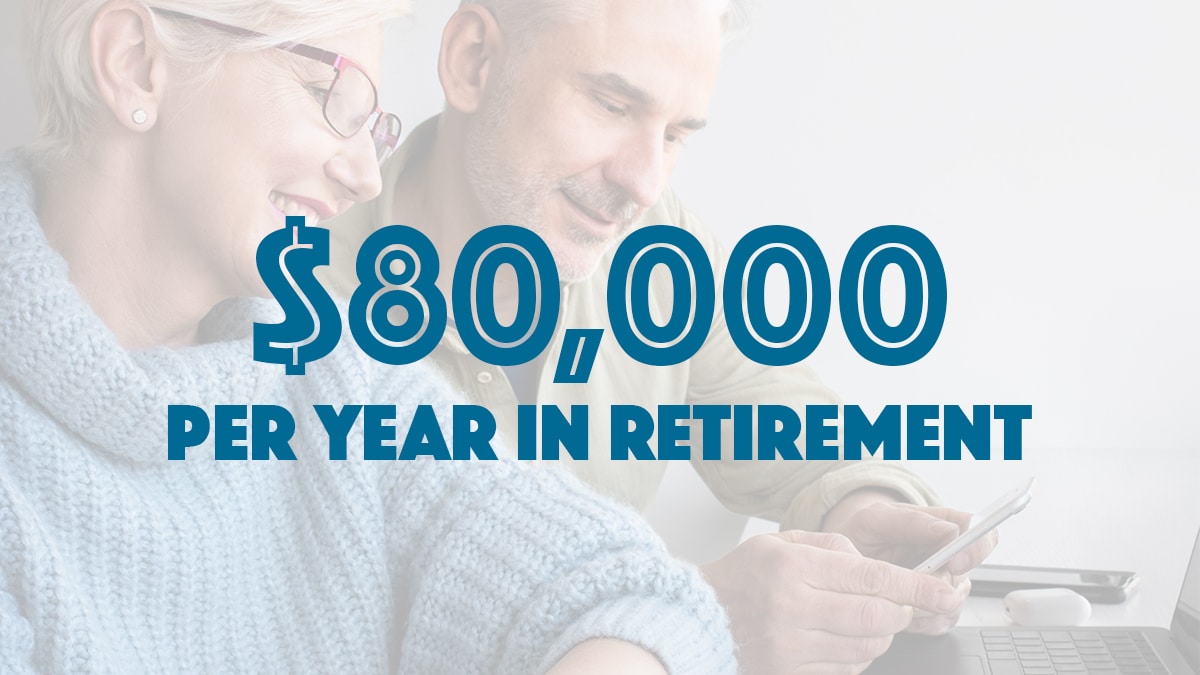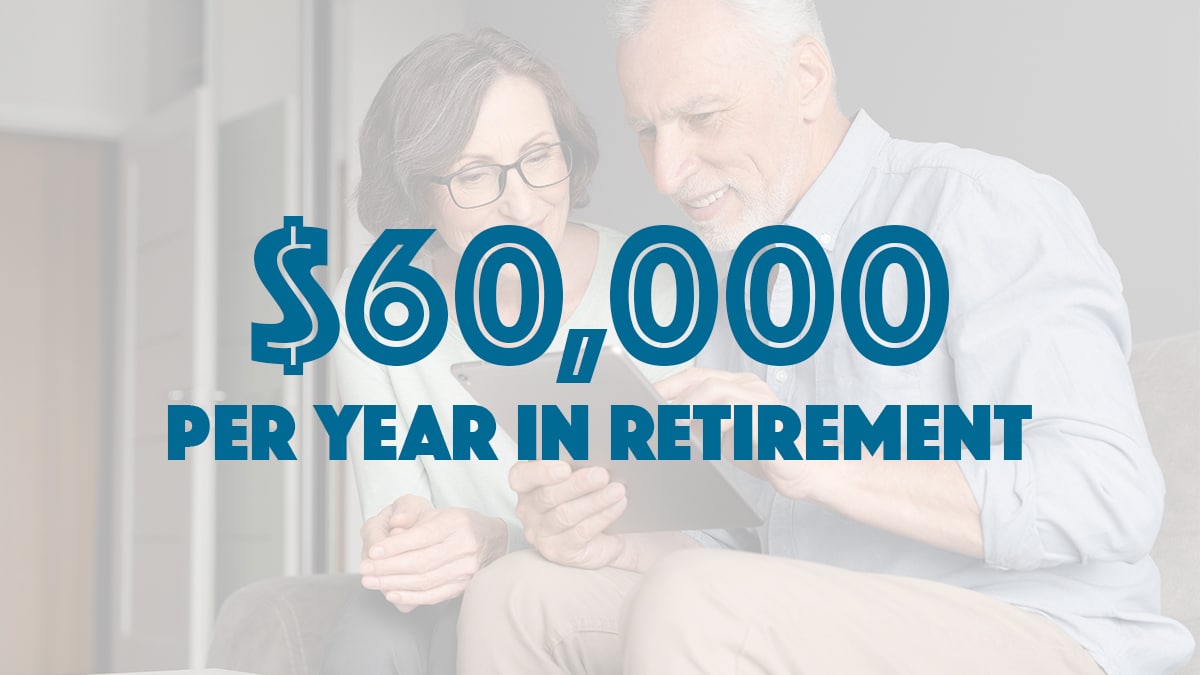In this guide
- Breaking down the ASFA Retirement Standard
- Super Consumers Australia’s retiree spending guide
- Don’t rely solely on projections
- What areas will most impact my cost of living in retirement?
- Track all your areas of spending
- Checklist to manage your spending
- How much super will I need to boost my retirement income?
As you approach retirement, one of the challenges is to work out your likely spending habits once you stop work and start living off your savings.
To make your job easier, we have reviewed some industry reports to see how much retirees are spending. This can be a springboard to help you assess what your own needs and preferences might be.
Breaking down the ASFA Retirement Standard
Since 2004, super industry body ASFA has been producing an online Retirement Standard and budget analysis to identify the likely spending items and costs for retirees.
The Standard uses common terms to present two broad categories: a comfortable retirement and a modest retirement.
- A comfortable retirement involves enough money to pay for house repairs, occasional holidays including overseas trips, a good car, regular leisure and lifestyle activities, and many other discretionary items that contribute to a good life. For couples aged 65 to 84, a comfortable lifestyle is estimated to cost around $73,031 per year. Singles might expect to spend $51,814 per year.
- A modest retirement necessitates cutbacks in many of these areas, with less discretionary spending but still with the ability to afford a car and enjoy most leisure activities and some travel. For couples aged 65 to 84, a modest lifestyle is estimated to cost around $47,475 per year. Singles might expect to spend $32,930 per year.
By comparison, a retirement based on the Age Pension generally provides a frugal lifestyle on a tight budget, with most spending at a basic level limited to essential items only. An Age Pension will pay approximately $44,855 per year for couples combined, and $29,754 for singles. As you can see, this is below even the modest retirement standard, except for 85-year-old couples, where the pension covers basic needs.
The ASFA budget estimates for retirees aged 85 and over are slightly less but not hugely different. The main differences are:
- More money needed for health, in-home cleaning and care services as people become more frail
- Less money for transport and leisure, as older retirees are less likely to own a car, are less mobile and less inclined to join out-of-home activities.
| Budget/lifestyle for couples | Aged 67 | Aged 85 |
|---|---|---|
| Age Pension | $44,855 | $44,855 |
| Modest | $47,475 | $44,105 |
| Comfortable | $73,031 | $67,419 |
| Budget/lifestyle for singles | Aged 67 | Aged 85 |
|---|---|---|
| Age Pension | $29,754 | $29,754 |
| Modest | $32,930 | $30,828 |
| Comfortable | $51,814 | $48,716 |
Sources: Centrelink, ASFA
Note: Age Pension rates as at September 2024. Couples rate based on living together. Modest and Comfortable lifestyles are for homeowners as at September 2024 quarter.
Super Consumers Australia’s retiree spending guide
Super Consumers Australia (SCA) has also started estimating retiree spending patterns. Unlike ASFA’s Retirement Standard, which is based on the cost of a basket of goods and services, SCA’s targets are based on surveys of retirees’ actual spending. And where ASFA provides sample budgets for two levels of spending (modest and comfortable), SCA has three levels of spending (low, medium and high). The medium and high spending categories, bookend ASFA’s comfortable budget.
Retirement budget estimates (aged 65)
| Situation | Spending level | Per fortnight | Per year |
|---|---|---|---|
| By yourself | Low | $1,190 | $31,000 |
| Medium | $1,650 | $43,000 | |
| High | $2,270 | $59,000 | |
| In a couple (combined spending) | Low | $1,770 | $46,000 |
| Medium | $2,380 | $62,000 | |
| High | $3,350 | $87,000 |
*Spending levels in today’s dollars adjusted for inflation, as at January 2025, based on historic ABS data about retirees’ spending.
Source: Super Consumers Australia
The budget estimates in the table above assume retirees own their home outright.
Don’t rely solely on projections
On the face of it, the figures suggest there is not much difference between a modest/low-spending lifestyle and one based on the Age Pension. It’s worth noting that the ASFA and SCA budgets assume that retirees own their own home outright and are relatively healthy.
Age pensioners who rent privately will struggle financially. So even a few extra dollars a week from supe or a part-time job can make a big difference to the lifestyle of low-income earners.
Learn more about the Age Pension Work Bonus.
However, the Age Pension does come with supplements and rent assistance (if you are renting) for eligible retirees, albeit inadequate amounts in the current rental market, which may further cloud any projections or assumptions. The Age Pension also comes with discounts on a range of costs, such as council rates and car registration, while self-funded retirees may also be eligible for more limited concessions on goods and services.
Learn more about concession cards for pensioners and seniors.
While the ASFA and SCA budgets provide food for thought, it’s best not to take them as the final word. Budget projections can be highly variable and dependent on individual preferences.
The issue with all categories is that we all have our own views on what would be a modest or comfortable retirement.
Some are content to live a simple life and have no desire for luxuries or even regular social outings, such as restaurants or live entertainment. Others may reach retirement after having spent years raising kids and working and want to tick off a lengthy bucket list of travel and other activities. You may also want to help your children or grandchildren with a home deposit or school fees.
Perhaps a more useful guide to retirement spending is your spending patterns and lifestyle preferences pre-retirement. A common rule of thumb is that you will need 70% of your pre-retirement income to enjoy your current standard of living into retirement.
What areas will most impact my cost of living in retirement?
The big question then is: What type of retirement do you want and what might that cost? Should I track spending or just do a budget?
We will assume you are in reasonable health and don’t need to provide funds for major surgeries or treatments caused by injuries or disease, although that can become an issue at any time in later life.
Below we cover some major areas that could impact most on your spending.



